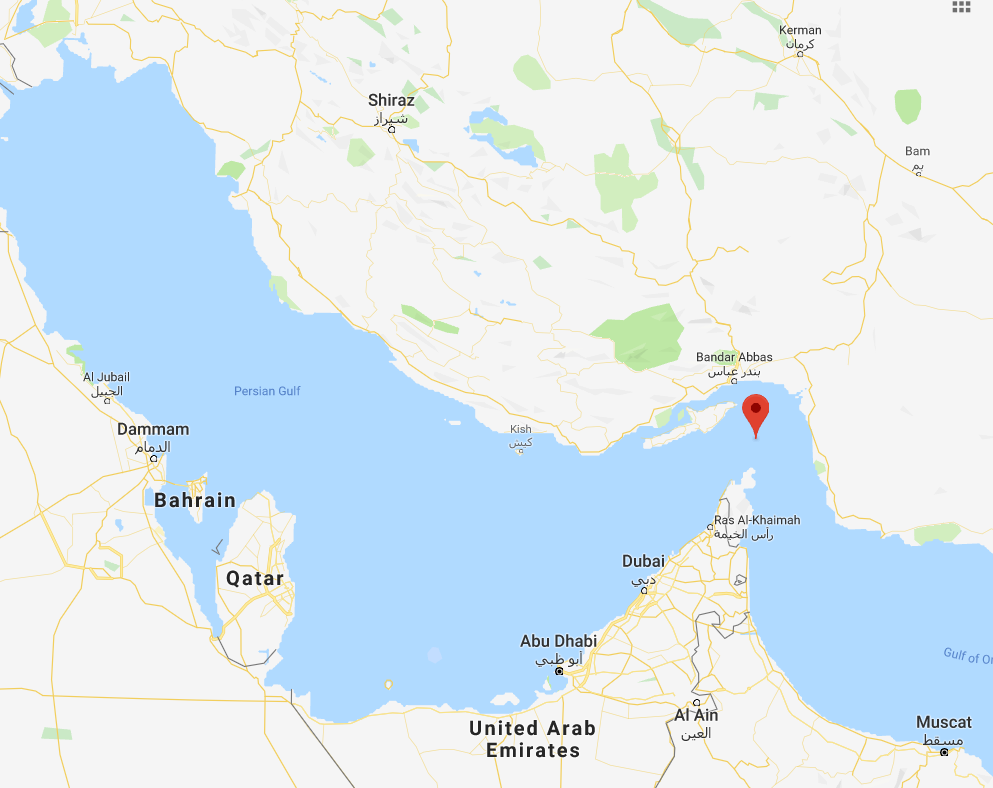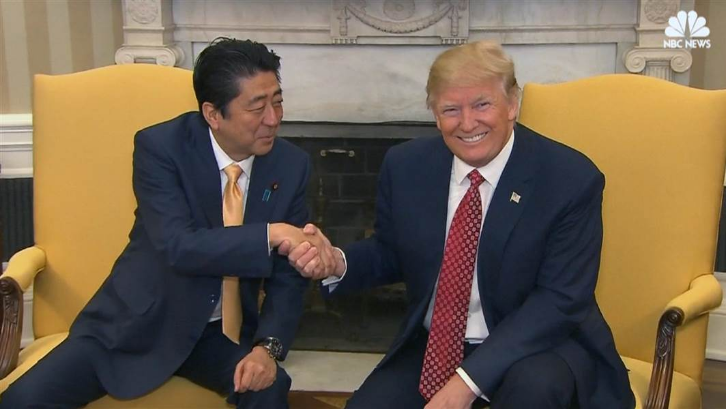Iranian Foreign Minister Mohammad Javad Zarif refused to rule out military conflict in the Middle East after the US sent more troops and weapons to Saudi Arabia in response to an attack on oil fields the US has blamed on the Islamic Republic.
“I’m not confident that we can avoid a war,” Zarif said in an interview with CBS to be broadcast Sunday on its “Face the Nation” program.
“I’m confident that we will not start one, but I’m confident that whoever starts one will not be the one who finishes it.”
When asked to elaborate, Zarif said: “That means that there won’t be a limited war.”
Zarif was interviewed in New York, where he will attend the United Nations General Assembly session.
The US said Friday it will send a “moderate” number of troops to the Middle East and missile defence capabilities to the Saudis in response to last weekend’s attack on oil facilities.
The foreign minister criticised the move. “I think it’s posturing,” Zarif said, according to a transcript provided by CBS. “I think it’s all going the wrong direction in addressing this issue.”
US and Saudi analyses of the attack have described the strike as complex, involving a mix of low-flying drones and cruise missiles coming from the north.
The attack exposed vulnerabilities in Saudi Arabia’s defence capabilities, despite the Kingdom having spent hundreds of billions of dollars on weaponry in recent years.
American officials blame Iran for the attack that knocked out half the production of oil from a key Saudi field.
Houthi rebels fighting a Saudi-led coalition in Yemen took credit for the attack.
“I’m confident that Iran did not play a role,” Zarif said. Anybody who “conducts an impartial investigation will reach that conclusion,” he said.


 Donald Trump became the first sitting U.S. president to enter North Korea when he stepped over the border to greet North Korean leader Kim Jong Un in the Demilitarized Zone between the two Koreas.
Donald Trump became the first sitting U.S. president to enter North Korea when he stepped over the border to greet North Korean leader Kim Jong Un in the Demilitarized Zone between the two Koreas.